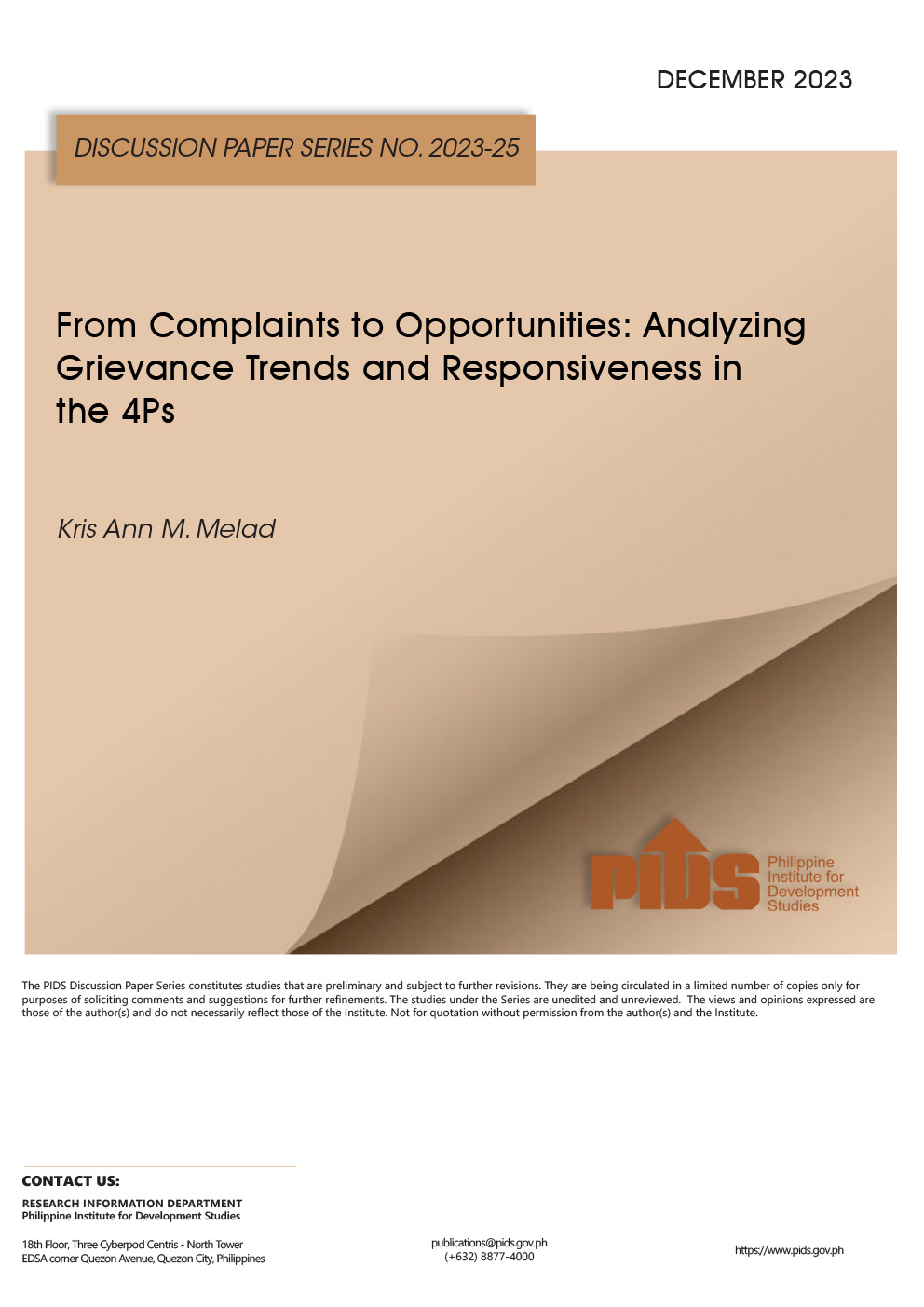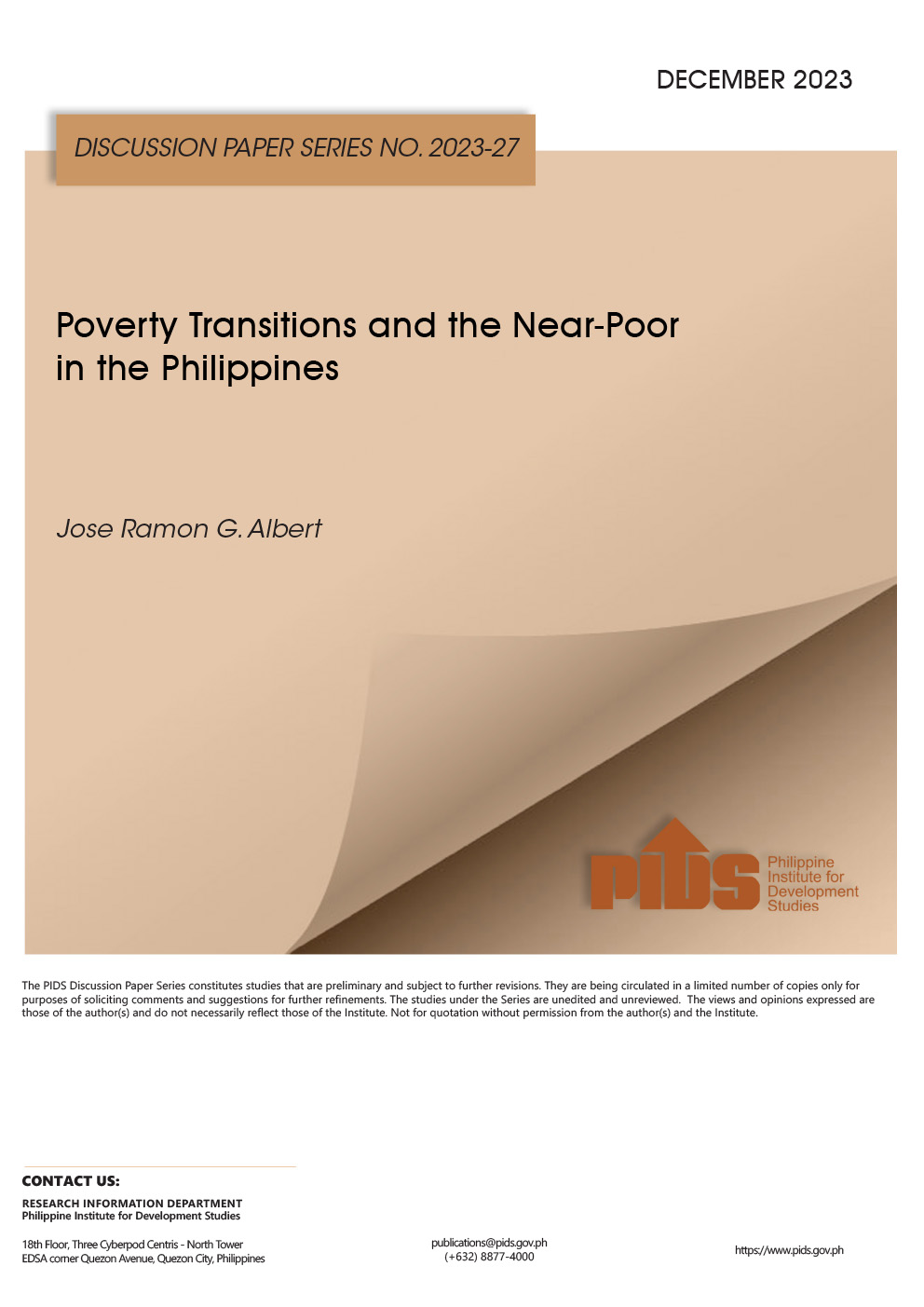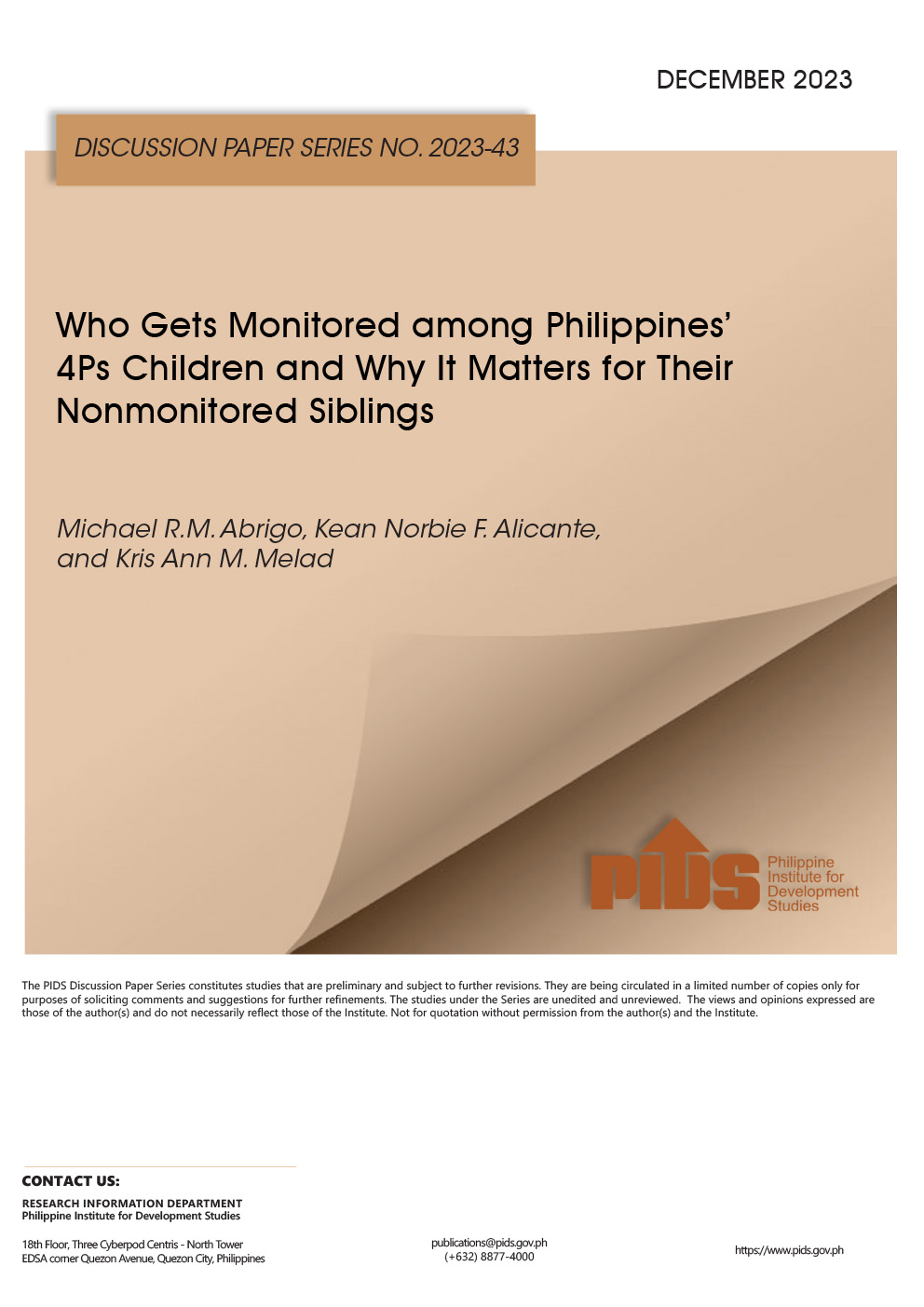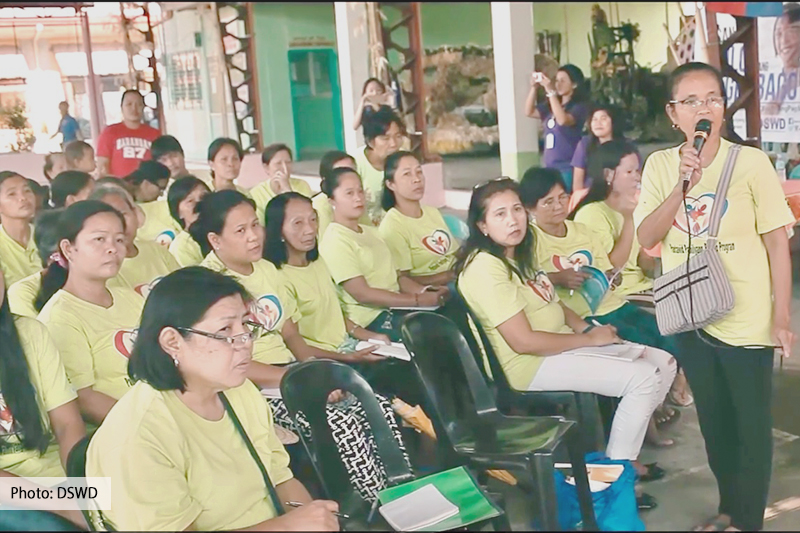Thomas Piketty’s Capital in the Twenty-First Century was named the 2014 Financial Times Business Book of the Year. The book explained wealth and income inequality in Europe and the US over 300 years. Piketty argued that when profit exceeds economic growth over a long haul, there is wealth accumulation and concentration. Social and economic instability ensues. Capitalism sows the seeds of inequality. To address this, progressive wealth taxes must be imposed to reduce inequality and mitigate wealth concentration. Piketty then revised his thesis to say that the relationship between profit and economic growth constitutes only one of various instruments to explain income inequality and wealth accumulation.
This year, Piketty published Capital and Ideology (2020) which goes a step further. The book explains how capitalists seek to maintain power over the working class. Social and political institutions come handy in achieving this end. He began with a formidable declaration that “every human society must justify its inequalities.” Retaining their dominant positions requires capitalists to propagate an ideology. Piketty thus advocates a transition to socialism. The Economist calls this “millennial socialism” because it involves “democratizing” the economy, transferring control from capitalists and the government elite to ordinary folk. Unlike Marx, Piketty proposes to resolve social issues, in the words of The Guardian, “on the terrain of capitalism itself.”
Today, there is an increasing preoccupation of economists with social issues of rising poverty and inequality. It is no longer enough to produce growth. It is imperative to ensure that growth does not lead to more inequality and concentration of wealth. Growth must be more inclusive and self-sustaining. It is not just the distribution of income and wealth that is problematic, it is capitalist production that is the fundamental challenge.
Inclusive growth is more urgent today because of the debilitating pandemic. As Nobel laureate Joseph Stiglitz recently wrote, “while the pandemic has revealed the enormous cleavages across the countries of the world, the pandemic itself is likely to increase disparities.”
Based on the IMF’s latest estimate, with lives and livelihoods destroyed, governments have undertaken fiscal interventions costing some $12 trillion, to provide lifelines. With business and consumer sentiment remaining low, tax revenues continue to decline while public debt is bound to rise close to the global output. This is also being experienced in the Philippines.
This is a wake-up call. It is a call to action. With a deep recession, unemployment is in double digits. In the Philippines, the numbers are staggering. In April, the jobless rate stood at 17.7%. This translates to more than seven million without work. In July, it somewhat moderated to 10% with nearly five million jobless. Social assistance and small business support are bound to continue but governments have budget constraints, and their access to the debt market is not exactly limitless.
Fiscal space is fast eroding. Poverty could worsen.
Atif Mian and Amir Sufi’s book House of Debt (2014) becomes illuminating. In a recent interview with IMF’s Hyun-Sung Khang, Mian, a professor from Princeton, argues that excessive borrowing is proof that the economic system has become distorted by rising income inequality. He observed that “it’s almost as though the modern economy has become addicted to credit.”
Their thesis about the Great Financial Crisis offered a fresh perspective on where governments should focus. Supported by a vast amount of data, House of Debt posited that the dramatic increase in household debt among borrowers — the NINJA (no income, no jobs, and no assets) or the sub-primes — who are least able to pay back helped cause the modern-day Great Depression. Therefore, policymakers committed a grave error by unduly focusing on the banking system and in bailing out banks instead of the borrowers themselves.
Former US Treasury Secretary Larry Summers praised Mian and Sufi saying it “could be the most important book to come out of the 2008 Financial Crisis and subsequent Great Recession.” He agreed that more consideration should have been given by policymakers to households’ balance sheets during the Great Recession. While conceding part of the authors’ arguments, Summers defended the policymakers of the day, including himself. He highlighted the need for academic economists to understand that some policy choices are found outside simple econometric models.
To Mian, Summers’ position was no less than “political timidity,” an error in itself for not appreciating the seriousness of the situation. Bailouts for indebted households, rather than banks, could have made a lot of difference, then and perhaps even now in the face of the global pandemic.
In the Philippines alone, household debt rose from P357 billion in July 2014 all the way to P887 billion by July 2020 with a six-year average of 19%. Household debt, comprised of auto loans, housing loans, and credit card receivables, accounted for 10% of the total loans outstanding of the banking system. It looks like the thesis of House of Debt scarcely applies because the numbers do not look daunting. But if we consider informal loans as well as the ubiquitous cash remittances from overseas now at around $30 billion or P1.5 trillion, it is not unreasonable to say formal household debt with banks is on the low side. Households are borrowing from relatives and friends, as well as from the informal lenders. The propensity to borrow is also tempered by regular remittances of overseas family members. Without these safety valves, Mian and Sufi are spot on.
The simple measure of poverty incidence in the Philippines from 2012 to 2015 to 2018 tells us, some progress has been made. Eight years ago, 25.2% of the population were considered poor. Three years later, this declined to 23.3%. Three years after in 2018, we saw a more dramatic decline to 16.6%. Per capita poverty and per capita food thresholds also confirm this. The percentages of households with savings and those with savings in banks also point to good progress.
Two points.
One, relative to other countries in ASEAN, while we have sustained 21 years of uninterrupted economic growth, the pace of mitigating poverty and the state of our infrastructure pale in comparison. There are more miles to go before we can afford to sleep.
Two, as the latest research made by Jose Ramon G. Albert, Michael Ralph M. Abrigo, Francis Mark A. Quimba and Jana Flor V. Vizmanos (“Poverty, the Middle Class, and Income Distribution amid COVID-19,” September 2020) of the Philippine Institute for Development Studies shows, COVID-19 has increased the vulnerability of the lower income class on account of the economic lockdown. Unless the government sustains its social amelioration support — perhaps even help small businesses employing lower-income workers — we are bound to see an exacerbation of income distribution and poverty.
We draw from Mian’s arguments that due to ultra-easy monetary policy driving interest rates down, some kind of a liquidity trap is created to motivate loans. To Mian, this credit “supercycle” is about to end. One cannot generate sufficient demand for growth by creating credit after credit.
Monetary and supervisory policies should involve central banks and treasuries consulting with banks. Banks could be reminded that the benefits of cheaper money and regulatory relief must be devolved to their household and corporate clients. Mandating moratorium may also be considered. After all, no one is strong enough to be buying bad loans that have accumulated since the economic lockdown.
Short of these considerations, we are bound to see rising inequality, public discontent and in some jurisdictions, angry populism.
In the midst of these urgent and troubling times, the congressional intramural in the Philippines that has interrupted needed budget deliberations only serves to exacerbate our helplessness in the fight against the pandemic. The politicking will produce disturbing social implications in its selfish and shameless aftermath.
Diwa C. Guinigundo is the former Deputy Governor for the Monetary and Economics Sector, the Bangko Sentral ng Pilipinas (BSP). He served the BSP for 41 years. In 2001-2003, he was Alternate Executive Director at the International Monetary Fund in Washington, DC. He is the senior pastor of the Fullness of Christ International Ministries in Mandaluyong.
Inequality and inclusive prosperity: Signs And Wonders











